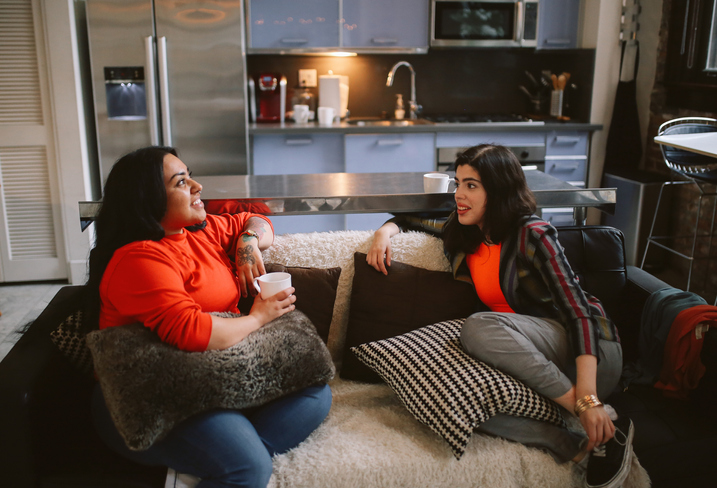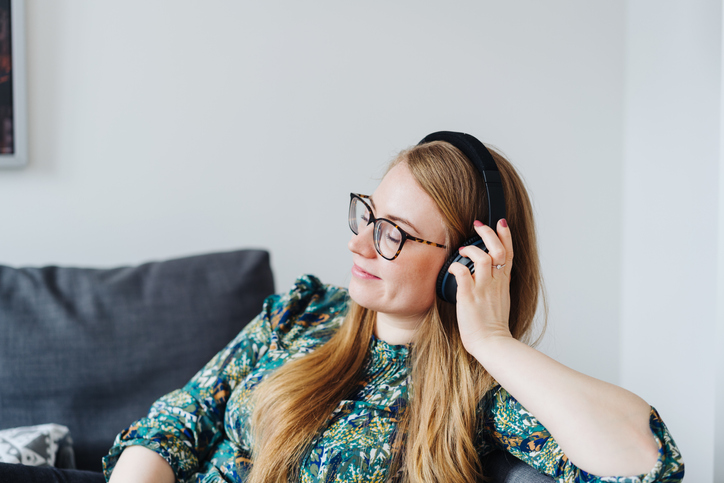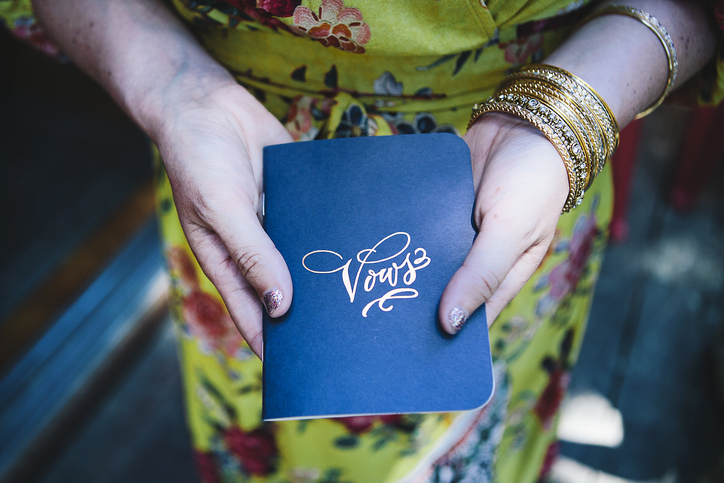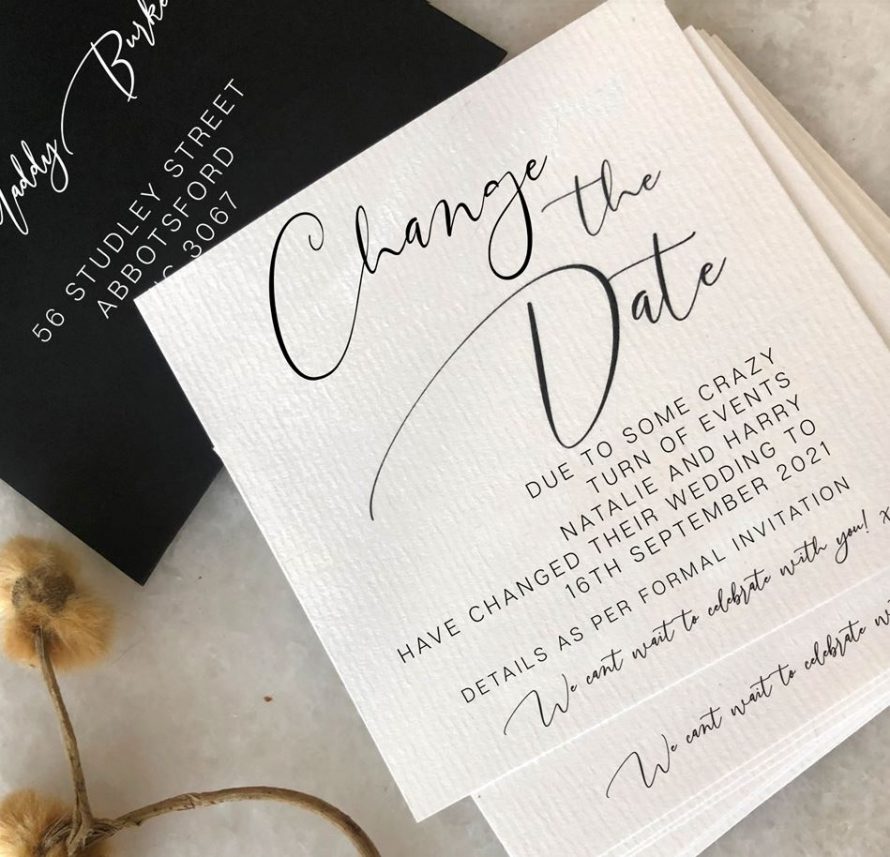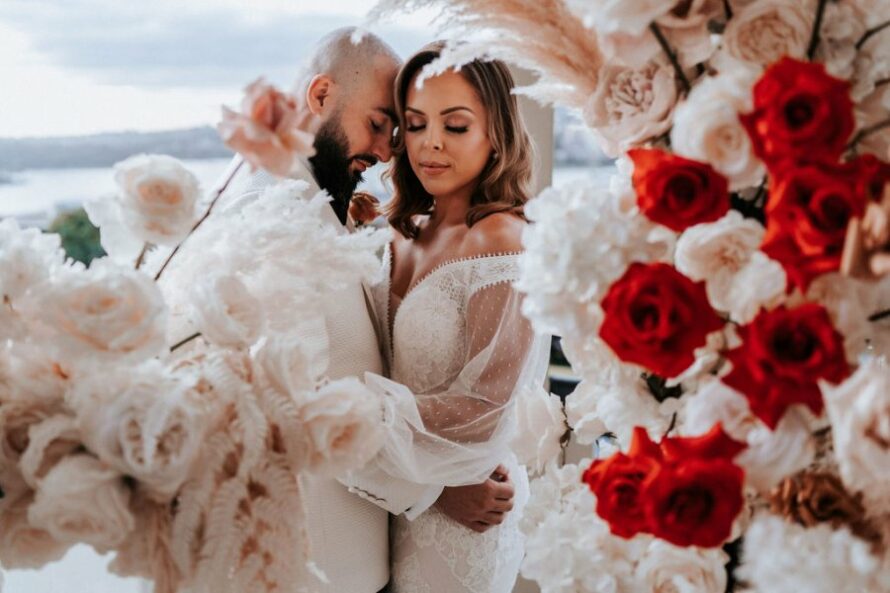Dating, engaged, and married couples, we understand that you might be struggling with your relationships during the current pandemic, with extra pressures on due to physical constraints, finances, and even the added responsibility of caring for children in the home.
Of course, we want to do all we can to support you at this time. So we’ve asked a renowned expert for some advice on how to nurture your relationship right now if there are troubles cropping up due to the added pressures a global pandemic has brought our way. This week, Dr. Chloe Carmichael, a licensed clinical psychologist, shared with us some tips on how to nurture your relationship in the COVID-19 landscape. Here’s how to look after your relationship in ISO:
How to deal with the added stress on your relationship in ISO:
“With stress, it’s less important what happens to us, and much more so how we handle it.
One thing couples can do is, what we call in psychology, narrate your experience. You can tell each other, ‘I’m feeling stressed today,’ or even, ‘I’m worried I’m putting too much on you.’ And then the other person can give feedback.
I find that with a lot of high-functioning people, such as the ones I work with, they’re actually more afraid of burdening their partner than they should be, and it’s often helpful to remember that when we open up to someone and share our struggles, that person actually ends up feeling more special, and it can actually bring us closer, so it’s helpful to remember times of stress can actually bring us closer.”
Look out for yourself and your partner:
“Making sure that they’re going to sleep and waking up on a regular schedule, as well as taking showers and things like that on a regular schedule — these things are more important to our mental health than we realise. We can lose track of those daily markers during covid. Also make sure they’re getting support and staying in touch with friends and family so that you’re not totally relying on each other to be the be-all for them.
If you start to wonder if your partner is slipping or struggling, you can talk to them about it, but I would really try to frame it in terms of saying ‘you know, you haven’t been yourself lately, you’re usually very cheerful, and you’re usually very supportive… lately you seem different, and I’m just a little worried about you.’ That way, you’re coming across to them as highlighting their positives rather than seeming critical of them.”
Have some quiet time:
“Couples are almost overconnected during isolation, and that can be overwhelming and hurt the connection. What you can try is something I call compassionate silence, which is where you actually schedule a block of time where you agree that you’re not actually going to be talking. It’s really just to give both of you a little break, and then you’re going to share with each other afterward what the experience was like. It’s a way of connecting, but also addressing the fact that being isolated together so much can be overwhelming.
If you decide to try compassionate silence together, you should decide in advance how long you’re going to do it, there should be a start time and a stop time. You may want to decide in advance if there’s going to be music or not, physical contact – if that’s something that can happen spontaneously between you, or if you’d rather not have to navigate that in silence, and also you should decide if it’s okay to use non-verbal hand gestures to communicate.”
If you had to postpone your wedding, honour your commitment:
“On the original wedding date, at that day and time, maybe stand together and hold hands, work on your wedding vows, or do something together to show behaviourally that you’re still honouring your commitment to each other. It’s okay to grieve, but at the same time, we want to keep the emphasis on the fact that you’re still moving forward.”
It’s really important to know that you both want the same thing from the relationship, and although there may be something in the way of you achieving that for now, as long as you are looking forward together, you will both feel supported and secure in your mutual wishes for the future. Plan your wedding here.
Disclaimer: If you are at risk of domestic violence during the current pandemic, being at home might not be the safest place for you. Remember that abusive behaviour can be sexual, emotional, financial, social, or physical. If you need advice, please reach out to services in your state.


